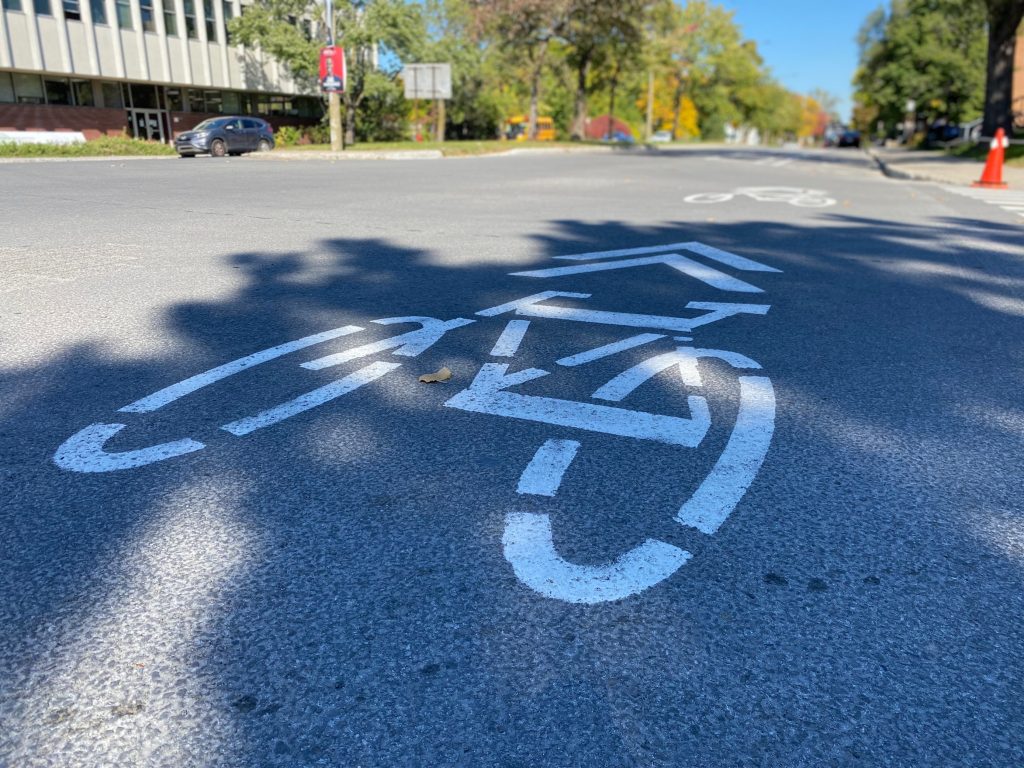Quebec French Language Ministry says Montrealer who was denied English service by RAMQ was entitled to it
Posted July 24, 2023 4:49 pm.
Last Updated July 24, 2023 6:46 pm.
The Quebec French Language Ministry says the Montrealer who was denied service in English by the Régie de l’assurance maladie du Québec (RAMQ) was entitled to it.
The Montreal Gazette originally reported last week that Susan Starkey, a 75-year-old resident from Pointe-Claire, was denied service in English by RAMQ — the provincial health insurance board — when she wanted to clarify details about health insurance coverage for her sick husband.
Since Quebec’s new language law Bill 96 came into effect on June 1st, 2023, all Quebecers can still have healthcare services in English despite changes that limit government services in English to only certain Quebecers.
“This lady did not get services aside from the rude reception that she got. And the incidents will continue to pile up unless the government becomes a little bit more sensitive to the impact of this on Quebec citizens,” explained Eva Ludvig, president of the Quebec Community Groups Network (QCGN).
“The number of incidents are piling up. We started off with the websites, then the death certificate, which I’m sure everybody’s aware. And now that Mrs. Starkey, who had this terrible experience with RAMQ an unnecessary and extremely disappointing experience.
Since the incident with Susan Starkey, the ministry of French Language has clarified to CityNews that the Charter of the French language provides exceptions for certain Quebecers to have the right to speak English with RAMQ and other government services; those who have communicated in English prior to the introduction to Bill 96 on May 13, 2021 and those declared eligible to receive an English education in Quebec.
“Is this going to happen each time? And it requires the media to step into it. And, you know, there are many people who will not go to the media who will quietly hang up and try to find other means or, you know, just be in total shock and not do anything. And who knows what the consequences of that could be,” said Ludvig.
The QCGN, an advocate for English speaking Quebecers has requested to speak to minister Roberge about the impact Bill 96 has been having on their community.
“I personally asked Minister Roberge when he was at a conference and I was there a couple of months ago to meet with him to discuss all this and express the concerns of our community. And he was very, very nice and said he would meet with me. Since then, we’ve tried several times and we still have not met with him,” said Ludvig.
The QCGN also says that they have already accumulated quite a few reports of individual incidents related to Bill 96 and would like to see changes made to the language laws.
“Ideally, of course, is to amend Bill 96 and make it a piece of legislation that really protects and promotes the French language, for which all I know and Speaking Québécois agree with that, and I have no difficulty with that to start looking at positive rather than negative and punitive things and singling out various populations.”



